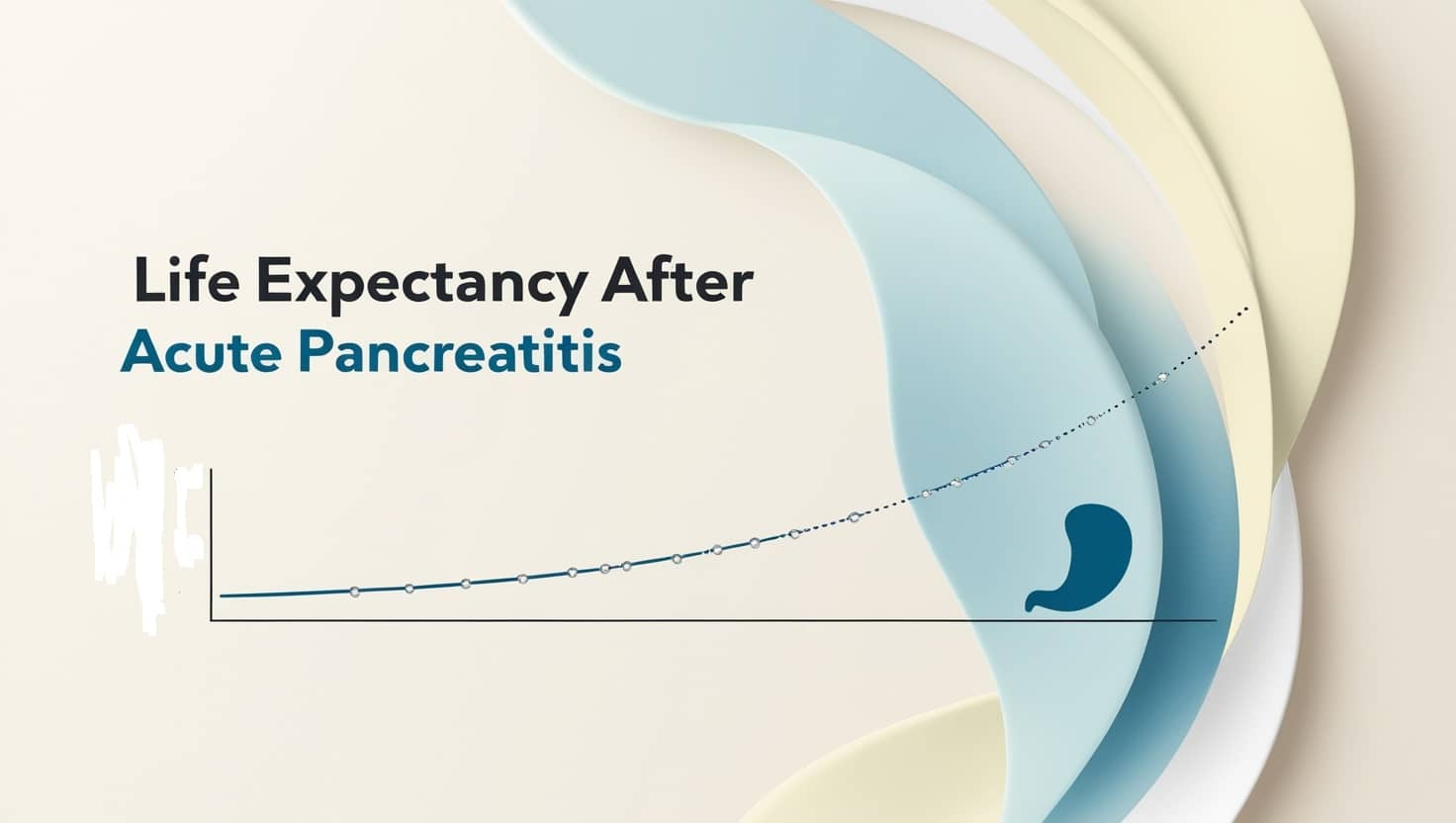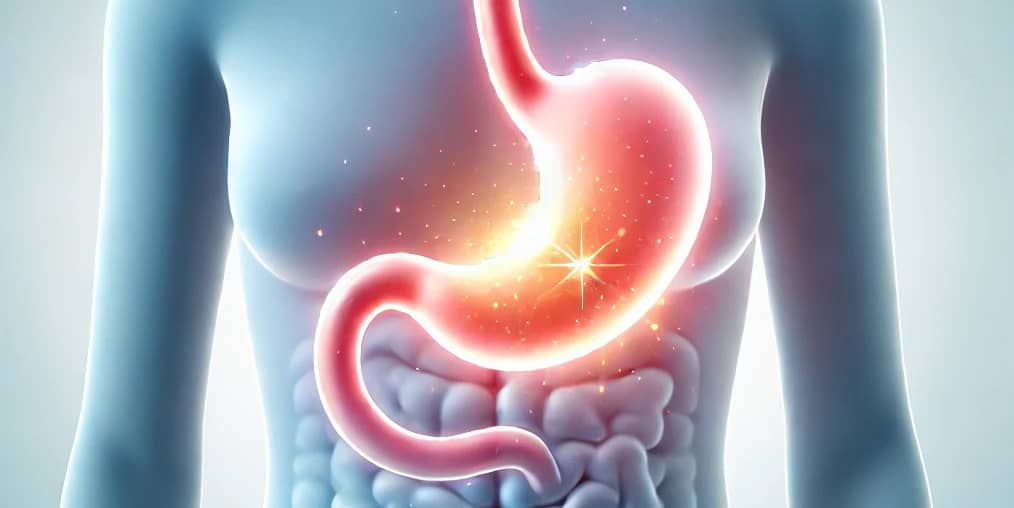The pancreas, a vital organ situated beneath the ribcage near the stomach, can become inflamed, a condition known as pancreatitis.
This inflammation can arise from various factors, with excessive alcohol consumption and gallstones being prominent culprits.
Symptoms often include sudden and intense abdominal pain, accompanied by nausea and diarrhea.
While most cases of pancreatitis resolve quickly with minimal long-term effects, some can lead to serious complications.
Life expectancy after acute pancreatitis for acute pancreatitis varies significantly based on factors such as the severity of the condition, the patient’s age, and overall health.
Life Expectancy After Acute Pancreatitis
The survival rate of a patient with acute pancreatitis depends on several factors, the most important of which are: age at diagnosis, severity of pancreatitis, amount of pancreatic necrosis and organ failure, presence of concomitant diseases such as heart disease or liver cirrhosis, and the cause of pancreatitis such as gallstones or excessive alcohol consumption.
Life expectancy after acute pancreatitis can be explained as follows:
- For individuals under 60, the ten-year survival rate after acute pancreatitis approaches 70%.
- For those over 60, the ten-year survival rate after acute pancreatitis not exceeding 30%. (PubMed, 2023)
Factors Affecting Life Expectancy After Acute Pancreatitis
Factors affecting life expectancy after exposure to pancreatitis include the following:
- Severity of pancreatitis: In some cases, necrosis in the pancreas increases to the point that it affects it’s multiple functions, which affects survival rates.
- Age at the time of diagnosis: The older the patient is at the time of pancreatitis, the lower his chances of survival, due to concomitant diseases and general health condition. Comorbidities: such as heart, liver, kidney, and diabetes disease can reduce the chances of survival.
- Cause of pancreatitis: Some causes, such as alcohol consumption, can reduce the chances of survival.
- Complications of the disease: such as pancreatic necrosis, pseudocysts, or abdominal compartment syndrome can reduce the chances of survival.
- Early diagnosis and treatment: can greatly improve the chances of recovery from the disease.
Specific factors impacting life expectancy after acute pancreatitis:
- APACHE II score
- C-reactive protein (CRP) levels, which also indicate the level of inflammation.
- Blood urea nitrogen (BUN), which measures kidney function.
- Oxygen saturation, which measures lung function. (PubMd, 2004)
Long-Term Survival Rates After Acute Pancreatitis
Long-term survival rates after acute pancreatitis depend on the severity of the disease when it occurs, as severe acute pancreatitis reduces the patient’s chances of long-term survival compared to those who have mild or moderate cases. Survival rates over the next ten years range from 30% to 70% depending on a number of other factors, the most important of which are:
- Age at the time of infection.
- Complications of the disease.
- Patient’s health status.
- Alcohol addiction.
- Speed of diagnosis.
- Quality of treatment provided. (gastrojournal, 2023)
Managing Health Post-Acute Pancreatitis
To improve your chances of recovery and prolong your life expectancy after acute pancreatitis, you can follow these tips:
- Eat a healthy, balanced diet that is low in fat and rich in protein, fruits, vegetables, and whole grains.
- Eat small, frequent meals throughout the day.
- Drink plenty of fluids, especially water.
- Consult a nutritionist to provide you with the best diet to protect your pancreas.
- Avoid alcohol and smoking completely.
- Maintain a healthy weight.
- Avoid stress and learn stress management techniques such as yoga and meditation.
- Your doctor may prescribe enzyme replacements and treatments to compensate for the decreased efficiency of your pancreas, so be sure to take them as directed.
- Monitor your blood sugar levels regularly.
- Be sure to follow up with your doctor.
References
- Gastrojournal. (2023). Retrieved from Detailed Characteristics of Post-discharge Mortality in Acute Pancreatitis
- PubMd. (2004). Retrieved from Clinical characteristics and prognostic factors of severe acute pancreatitis
- PubMed. (2023). Retrieved from Quality of life after severe acute pancreatitis: systematic review








